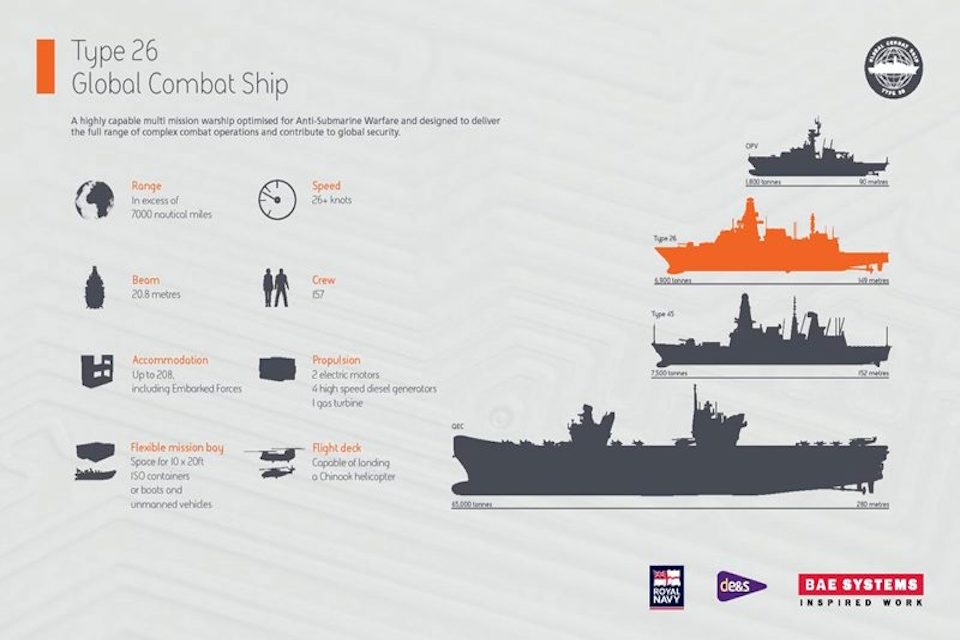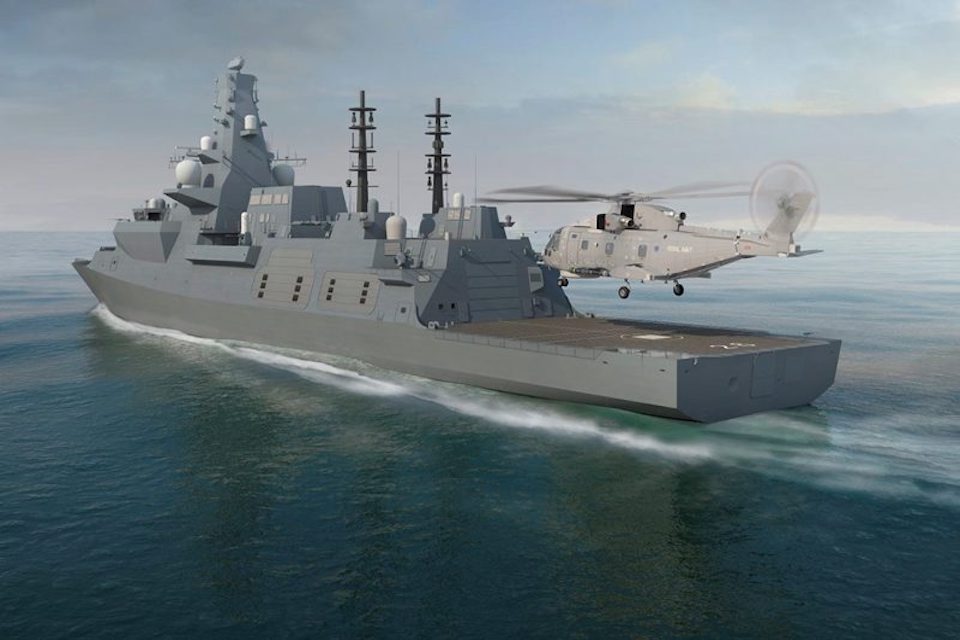British troops are supporting the UN Mission in South Sudan (UNMISS) and Sir Michael Fallon has confirmed that the Bentiu-based medical facility is fully operational, and will support over 1,800 UN peacekeepers and UN staff. This will enable military and civilian staff to carry out the work of the UNMISS mission by providing vital infrastructure for a challenging operating environment.
Construction of the hospital came at the request of the UN, and was assessed as one of the best ways UK expertise could support delivery of the UNMISS mandate. The UNMISS role in South Sudan is to protect civilians, create the conditions conducive to the delivery of humanitarian aid, and support the peace process and Human Rights.
Following a commitment made in 2015 by the then Prime Minister to double the UK’s commitment to global peacekeeping initiatives, nearly 400 UK military personnel are supporting UN efforts in South Sudan, making this one of the UK’s largest operational deployments in the world.
The temporary hospital will be staffed by personnel from all three services, and will be replaced by a permanent field hospital built by Royal Engineers.
The British military contingent is also providing engineering support to the UN mission in both Bentiu and Malakal, including projects like the construction of a jetty on the River Nile, helicopter landing sites, and other infrastructure improvements.
Defence Secretary Sir Michael Fallon said:
The British-built temporary field hospital in South Sudan is now fully operational, and will support the UN’s efforts protecting civilians and promoting stability in this conflict affected country.
UK troops have a proud record of delivering peace and security across the globe and are making an important contribution to a country where millions of people have been left starving and displaced.
This is one of our largest operational deployments, which clearly demonstrates Global Britain’s continued commitment to United Nations peacekeeping and development and security in Africa.
The field hospital will be run by over 75 medical staff, including specialists in fields such as infectious diseases, intensive care and surgery.
Its facilities include:
- An emergency department
- A surgical theatre
- A laboratory
- An x-ray and head CT scanner
- An aero-medical evacuation team
- Wards including isolation facility
Commander Medical Lt Col Michael Hepburn said:
We are delighted to be able to declare the Hospital open. Our team feel honoured to be able to contribute to the United Nations Mission in South Sudan and hope that we can make a positive difference to enable our UNMISS partners to fulfil their UN roles.
In addition to engineering and medical support, the UK also has a small number of staff officers in the UNMISS’ Juba headquarters.
Alongside the UK-hosted Peacekeeping Defence Ministerial meeting in London in September, these contributions underline the UK’s leading role in support to peacekeeping operations. More widely, the UK government is committing funding and support to tackle the humanitarian crisis in South Sudan, with £100 million provided this year to provide food for over 500,000 people, safe drinking water for over 300,000 people, emergency health services for over 100,000 people and support for 650,000 people to build their livelihoods.
British military personnel and UNMISS representatives hosted an event to mark the opening of the hospital. Delegates included Commander Medical Lt Col Michael Hepburn, HM Ambassador Alison Blackburne, Head of the Department for International Development’s South Sudan office Becks Buckingham, Head of Field Office Hiroko Hirahara, UNMISS Chief Medical Officer Dr Iqbal Mohd, Force Chief of Staff Brigadier Robbie Boyd OBE and Commander Operation TRENTON Lt Col Jason Ainley.

